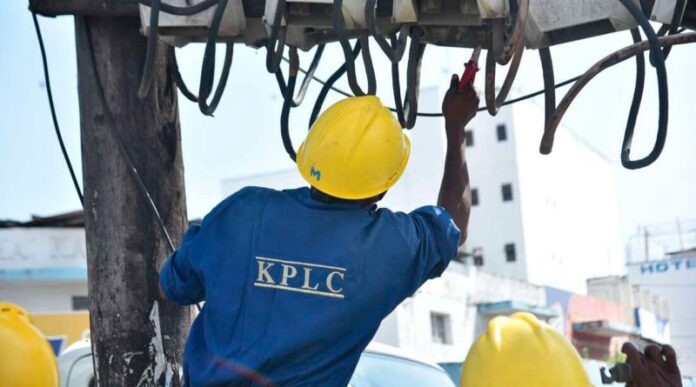Kenya ranks among the African countries with the highest electricity costs, following Cabo Verde, which leads with prices at $0.35 (Ksh45) per kilowatt-hour.
Sierra Leone comes close behind Kenya, with household electricity rates at $0.25 (Ksh32) per kilowatt-hour, according to a recent report.
The report highlights how the rising cost of electricity is straining Kenyan households and contributing to the overall high cost of living.
In contrast, Egypt, Zambia, Angola, and Libya have some of the lowest electricity prices in Africa. The report attributes this to favorable energy policies, lower generation costs, and better infrastructure investments.
While electricity costs remain high in some parts of the continent, access to power is still a major challenge. North Africa enjoys near-universal electricity coverage, while Western, Southern, and Eastern Africa report access rates slightly above 50 percent. Central Africa lags behind at around 31 percent.
However, Kenya and other Eastern African nations have been recognized for making progress in electricity reliability. Between 2021 and 2023, 99 percent of Mauritians and 96 percent of Seychellois reported consistent electricity supply.
Why Electricity is Expensive in Kenya
According to ESI Africa, a journal covering power, energy, and mobility, Kenya’s high electricity costs stem from multiple factors, including infrastructure expenses, government policies, and reliance on costly energy sources.
Unlike countries such as Iran, Qatar, and Russia, which benefit from lower electricity prices due to abundant crude oil and natural gas reserves, Kenya depends heavily on imported fossil fuels for power generation. This reliance exposes the country to global market fluctuations, leading to higher energy costs.
Even some European countries experience high electricity costs due to tax components. Germany’s electricity rates stand at $0.39 (Ksh50) per kilowatt-hour, while Belgium follows at $0.37 (Ksh48) per kilowatt-hour.
Efforts to Improve Electricity Access in Kenya
To expand electricity access, Collective Energy Africa has announced plans to use decentralized solar power instead of the national grid. The company aims to offer a sustainable and affordable alternative for rural electrification.
It has developed an off-grid solar microgrid and plans to operate it in Kupai, Narok County, a remote village with 28 houses that currently lack electricity.
Collective Energy Africa is among several companies working to improve electricity access in Kenya, with the goal of achieving near-universal coverage across the country.







